I’ve always been a sports enthusiast. In the past few years, I’ve completed numerous running and biking competitions and now I’m training every day for my first triathlon.
Professionally, I have a full-time position as a project manager at SweetRush (a fast-paced learning and development company), and I earned my masters in project management last December.
So, while I am generally pretty driven, pushing myself in sports has helped me to know myself better and to get to know and learn from people I really appreciate. Through sports I have learned life lessons that have also influenced my professional development. I’d like to share some with you.
1. Believe in yourself. You are stronger and smarter than you think.
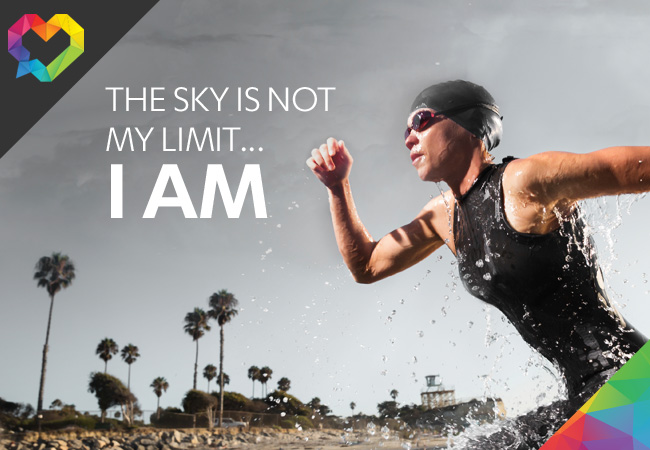
The number of people who have told me they’d love to run a 10K but believe they can’t do it is staggering. My answer is always the same: “You are able to do it—you just need to believe you can and work for it!”
The same happens in other aspects of our lives. Some time ago, a friend (who also happens to be a runner) told me that when he was about to finish his studies to become a doctor, he was offered a scholarship to study microsurgery in another country. His initial reaction? “I am not smart enough to do that.” In the end, he stood up to his fear and accepted the scholarship. He is now one of the top microsurgeons in my country, Costa Rica, and he has saved dozens of lives.
No matter the goal, the first step is to tell yourself you are good enough to do it.
2. Be disciplined, and work hard.
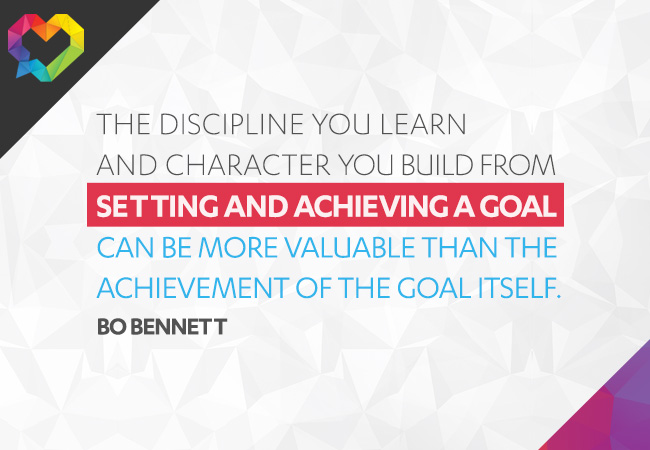 Not even the most gifted athlete in the world could achieve great heights without an honest effort and hard work. It’s true that talent is important, but you won’t get far without discipline and elbow grease.
Not even the most gifted athlete in the world could achieve great heights without an honest effort and hard work. It’s true that talent is important, but you won’t get far without discipline and elbow grease.
All of the people I admire—athletes and professionals—are always the hardest working people in the room. They practice their craft outside their regular schedule and invest time and effort in becoming the best version of themselves.
Nothing you really want and is worth having will just walk in the door. You have to go out and grab it.
3. Be a team player.
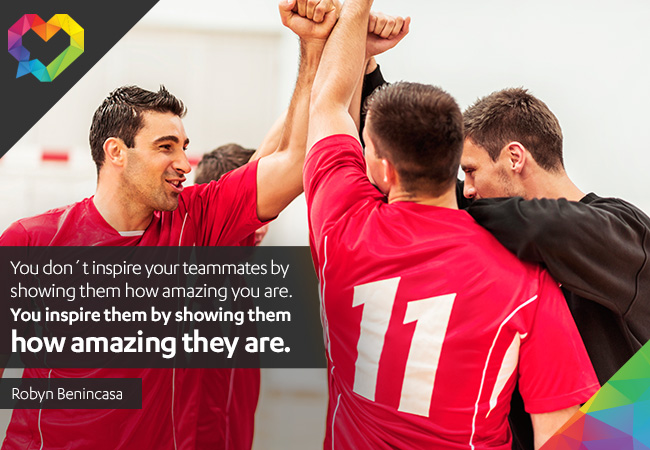 Most of the time, the achievements of a single person are the result of a larger group of people.
Most of the time, the achievements of a single person are the result of a larger group of people.
This is even true for individual sports like cycling. At the end of the Tour de France there are only three winners celebrating on the podium, but no one is able to win this 2,088 mile competition on his own. In cycling, every captain has a big team behind him. Some of them are in charge of carrying the food and water, others set the pace on the hills, and all of them protect the captain from the wind so he can save as much energy as possible.
Have you ever thought you deserved all the credit for a successful project you finished “on your own”? Think twice. You likely received a lot of help without even noticing it, even if it’s your partner cooking a meal to give you time to do your thing.
There are always people “carrying the food and water” for us (or at least the coffee), or friends, family, or co-workers helping us in the “steep sections” of the projects. Remember this when it’s your time to put your chest to the wind and protect another team member. What goes around, comes around.
4. Celebrate your achievements.
 There is nothing like achieving something you have worked hard for, even if it seems small to others or even to you. Celebrating small things lets you take on other bigger things. Celebrate if you finish your first walk around the block or a 10K in an hour or whatever your goal. Celebrate if you receive good feedback on a project. Celebrate if you woke up early and went to the gym (just try not to celebrate with a cake!). And shout for joy if you finish the first semester of a new course of study or do something to foster your career!
There is nothing like achieving something you have worked hard for, even if it seems small to others or even to you. Celebrating small things lets you take on other bigger things. Celebrate if you finish your first walk around the block or a 10K in an hour or whatever your goal. Celebrate if you receive good feedback on a project. Celebrate if you woke up early and went to the gym (just try not to celebrate with a cake!). And shout for joy if you finish the first semester of a new course of study or do something to foster your career!
Celebrating the big and the small things keeps us happy and motivated.
5. Look for a mentor.
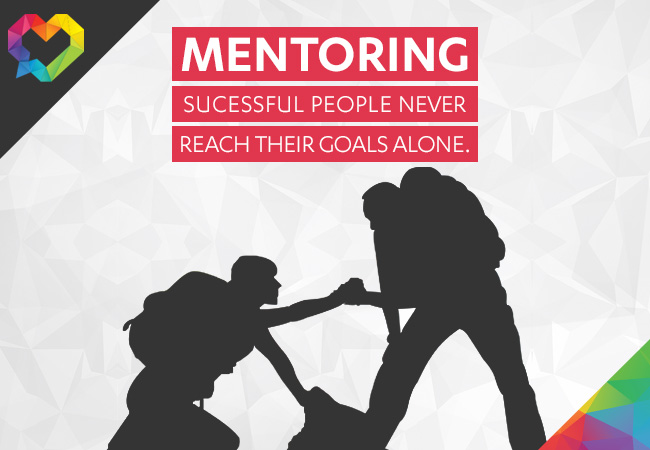 Elite athletes almost never coach themselves, even if they have the knowledge to do so. Why? Because they need someone who can be a bit removed and see things with more clarity and less of the personal blindness we all have about ourselves.
Elite athletes almost never coach themselves, even if they have the knowledge to do so. Why? Because they need someone who can be a bit removed and see things with more clarity and less of the personal blindness we all have about ourselves.
Sometimes, when we are in the middle of a complex project or situation, all we need is a fresh perspective.
Having a co-worker you trust give you advice or at least ask the right questions does not mean you are less capable—quite the contrary. I’ve learned in sports it’s those who really want to excel and improve who seek the help of others. It means you are smart enough to understand you don’t have all the answers. It means you know people have a different set of skills and life experiences that can enrich your point of view, and allow you to make better decisions. If you look around, I am pretty sure you will find someone to mentor you, share thoughts, or be a sounding board for just about every situation.
6. Be aware you are setting an example, so set the right one.
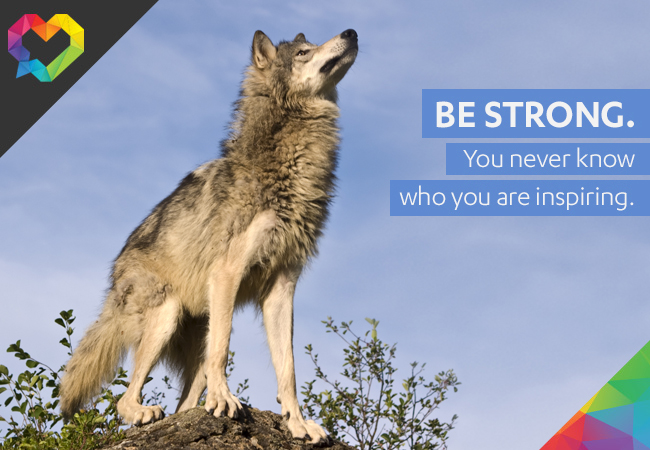
Last year, a casual acquaintance started calling me to ask me about the right shoes for running, the right gear, the amount of water, the better gels, etc. Some months later he called me again and asked me to visit him because he wanted to show me something.
I dropped by one day, and he proudly showed me that he had lost almost 35 pounds!
He wanted to thank me because, in his words, I had inspired him to start exercising. He had read my Facebook posts, and heard my conversations with other people and decided he wanted to give it a try. That was why he called me for advice in the first place. Up to that moment, I didn’t realize I could inspire anyone. I thought it was something only great athletes or personalities could do.
What I learned from this experience is that there are always people looking at us. If you have the discipline to work out more, your family will notice. If you work hard, your peers will notice. If you stay up late studying, your life partner will notice. And if you behave with integrity every day, everyone including your children will notice.
There are always people looking at you. Your example is important and can make a difference in their lives.
7. Enjoy the ride.
 When I ran my first half-marathon, I tried to do it as fast as I could. The weather was very hot and humid, and I arrived at the finish line completely burned out. I felt I did not want to continue to train and compete. Fifty minutes later a woman arrived and—before going through the finish line she stopped to hug her family and say hello to her friends—then she walked in and posed for the photos, smiling all the time.
When I ran my first half-marathon, I tried to do it as fast as I could. The weather was very hot and humid, and I arrived at the finish line completely burned out. I felt I did not want to continue to train and compete. Fifty minutes later a woman arrived and—before going through the finish line she stopped to hug her family and say hello to her friends—then she walked in and posed for the photos, smiling all the time.
In that moment I realized I was doing things wrong, not because I had run too hard but because I hadn’t enjoyed the training or the race. I wanted to train to go fast so I stopped running with my dog, and later with some of my friends, because they were slowing me down. When I finished the race, I felt really discouraged.
Now I’d rather run with my girlfriend and have a good post-training breakfast with her and my friends than run all the time as fast as I can.
If you are so focused on your goals that you don’t enjoy the process of getting there, or if you are pushing your friends, family, or co-workers away, you are doing it wrong.
Work at finding the balance that works for you. Go out and “just do it,” and then celebrate.
I hope sharing what I have learned with you helps in some small way. I am on my path as are you on yours, and would greatly appreciate hearing how this blog might have helped you. I’d like to also hear your ideas and life experiences, so add them to this list. Pura Vida!
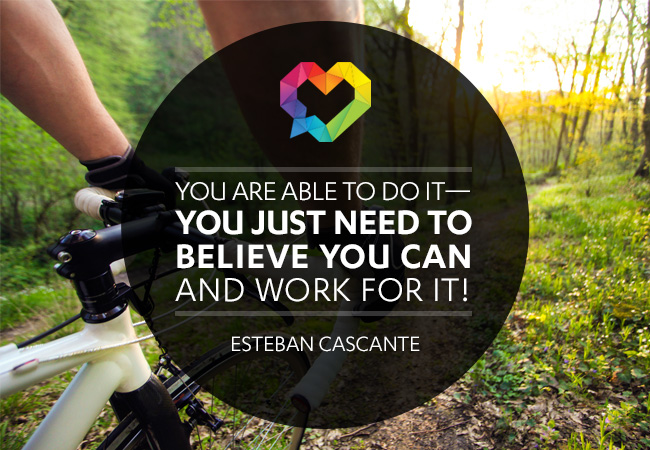




You know, you are soooo hitting the nail, right on it´s head with this post. It teaches great lessons and pointers that anyone looking to succeed, should study in detail.
Sharing right now!